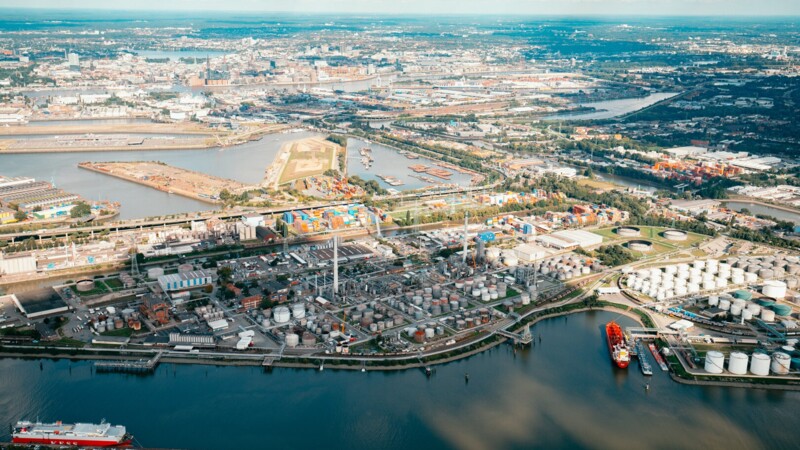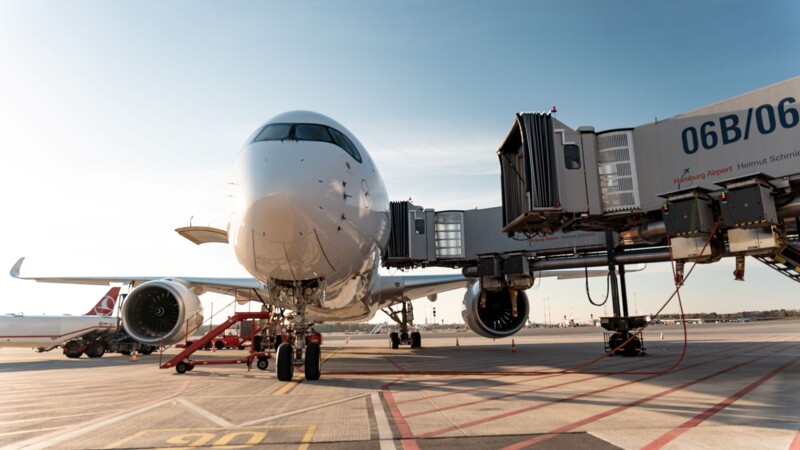"Hydrogen holds huge potential for climate-neutral flights on short-haul routes," said Jan Eike Hardegen, Head of Environment at Hamburg Airport. Gaseous hydrogen is the propulsion system of the future, especially for smaller aircraft e.g., tuboprops with 20 to 30 seats. The fuel could revive air traffic and improve rural connectivity in Baltic Sea countries. "Therefore, the main goal of the 'Baltic Sea Region Project' is to drive water-sotfueled air transport in the region," said Hardegen. Emphasis is on the development of supply chains for green hydrogen from production to the fuelling of aircraft or airport ground support equipment as well as test operations. The project should forge the prerequisites for a hydrogen-oriented airport infrastructure. All airports should be prepared to invest in their own infrastructure and implement projects by the end of the project. Hamburg Airport also hopes to open up a whole new network of flight connections as part of the H2 development.
Hamburg Airport has secured EUR 4.8 million in funds from the EU's Interreg scheme, a press release said Wednesday (July 12, 2023). The airport is at the forefront of efforts by airports, airfields and organisations in the Baltic Sea region to improve rural connectivity to aviation hubs there. Sixteen partners and 24 organizations have joined the consortium’s "BSR Hydrogen Air Transport - Preparation of Baltic Sea Region Airports for Green Hydrogen” project to set up hydrogen-based airport infrastructure and to clear the way for its implementation. Hamburg Airport is receiving around EUR 1.1 million of the funds. The EU is funding around 80 per cent of three-year project which is due to launch in November.
Hydrogen as propulsion of the future
Reviving regional air traffic
The consortium includes all the major Baltic Sea airport operators including Finavia, Swedavia, Lithuanian Airports and Riga and Tallinn Airports and Germany's Sylt Airport, Sylt Air, Lübeck Air and Lübeck Airport as well as Hamburg's Ministry of Economics, the Hamburg Aviation Cluster and the Center for Applied Aviation Research (ZAL). Hamburg Airport has underlined its commitment to the "Net Zero 2035 - Now. For the Future" climate strategy and CO2-free flying. Michael Eggenschwiler, CEO of Hamburg Airport, remarked: "As an airport, we have set ourselves the goal of reducing our CO2 emissions to zero by 2035 and completely foregoing compensation," The "Baltic Sea Region" project shows how alternative propulsion options can advance climate-friendly flying.
mm/pb
Sources and further information
More
Similar articles

Hamburg and Rotterdam planning hydrogen flight route in 2026

Hamburg to increase supply of hydrogen from Scandinavia

Hamburg and Schleswig-Holstein deepen hydrogen co-operation
